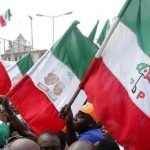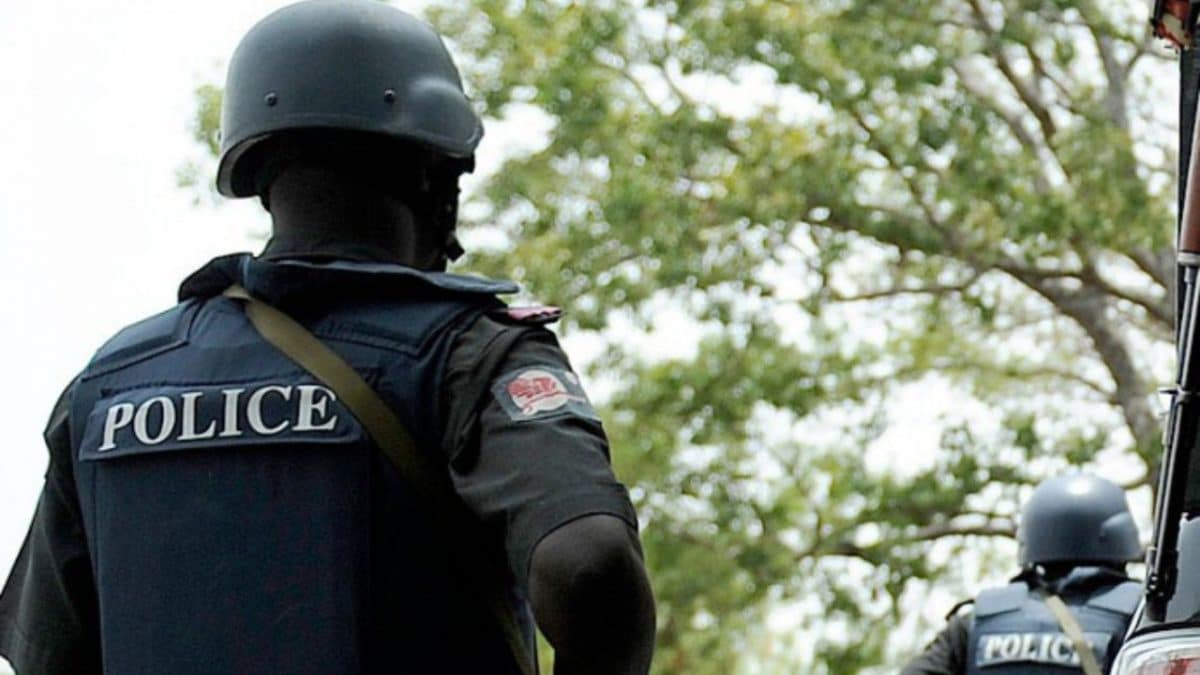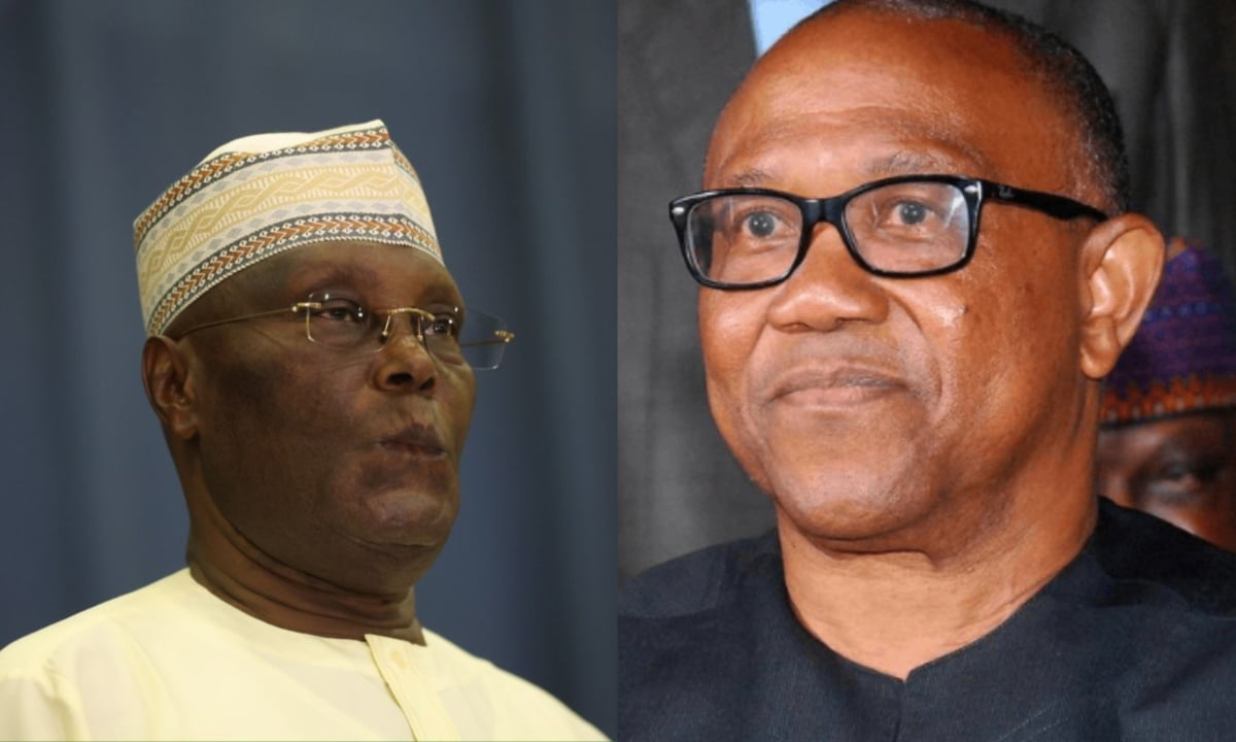Kenya is set to collect data on intersex people in its national population census, in a major victory for rights activists.
The August survey will determine the number of citizens who do not identify as either male or female and make Kenya the first country in Afric to conduct such census.
Intersex people in Kenya often face violence and discrimination.
There are thought to be more than 700,000 of them out of a general population of 49 million.
“Getting information about intersex people in the census will help people understand the challenges we go through,” Ryan Muiruri, founder of the Intersex Persons Society of Kenya (IPSK), said he welcomed the government’s decision.
“Being included in the census is a big achievement for us,” he told the BBC.
South Africa was the first African country to explicitly include intersex people in anti-discrimination law.
In 2009, a woman in Kenya went to court after doctors wrote a question mark instead of a gender on her child’s birth papers.
He wanted three things: identity documents for her child to be able to attend school, a law preventing surgery on intersex children unless it is medically necessary, and proper information and psychological support for parents.
In a landmark ruling in 2014, the High Court ordered the government to issue a birth certificate to the five-year-old child.





